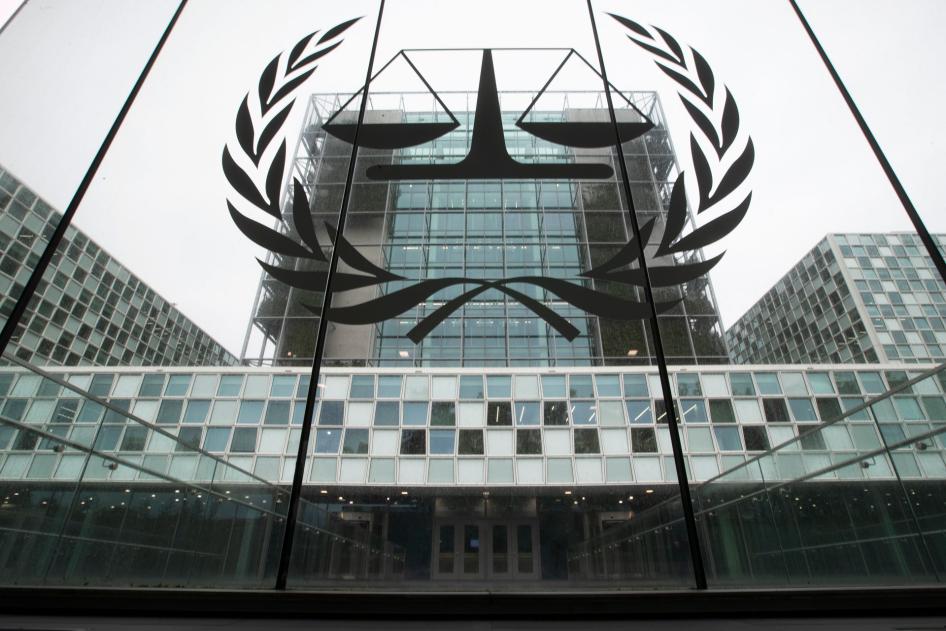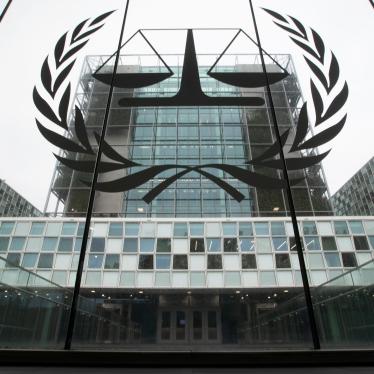International Criminal Court (ICC) member countries will meet next week for their annual session of the Assembly of States Parties, including the election of six new judges—one-third of the court’s bench—to serve for nine-year terms.
ICC elections have been highly politicized in the past, but recent improvements in the election process are putting candidates under more scrutiny.
Previous ICC judicial elections have been marked by vote-trading, in which states agree to support one another’s candidates with minimal regard to the individuals’ qualifications. This was confirmed by an independent expert review of the court’s functioning in 2020.
Over the years, member countries have taken steps to improve the election process, including by strengthening the mandate of the Advisory Committee on Nominations (ACN), a body tasked with evaluating all ICC judicial candidates and making recommendations to member countries.
The ACN’s assessment this year reflected many improvements in the process used to arrive at its conclusions, including a written questionnaire and a standard declaration, face-to-face interviews with the candidates, and voluntary written language tests for English and French, the ICC’s two working languages. The ACN issued its recommendations in July. In addition, candidates for the first time underwent a robust process of vetting their “high moral character,” a requirement for judges and other ICC elected officials under the court’s founding treaty.
Finally, in November, all candidates participated in public roundtables held in person in New York and co-moderated by member countries and civil society representatives. Building on lessons learned from the most recent judicial election, this year’s roundtables included individualized questions for each candidate based on the ACN’s assessment. These ranged from questions about the court’s jurisprudence, the importance of resisting external political pressure in judicial decision-making, and the rights of the accused during trial. The candidates also answered a questionnaire prepared by the nongovernmental Coalition for the International Criminal Court.
More still needs to be done to improve ICC judicial elections, including strengthening the national nominations procedures by which member countries select nominees for the elections. Only robust nomination procedures will ensure that the most qualified individuals are presented as candidates before the Assembly of States Parties. But member countries should embrace the important progress made, carefully assess all the material available, and cast their votes solely on merit, not politics.










